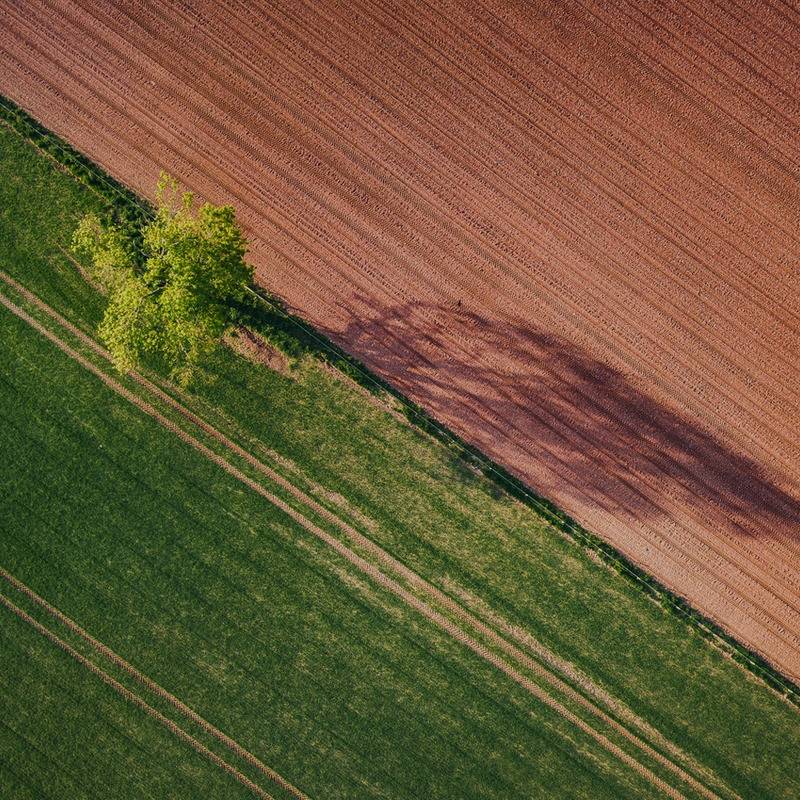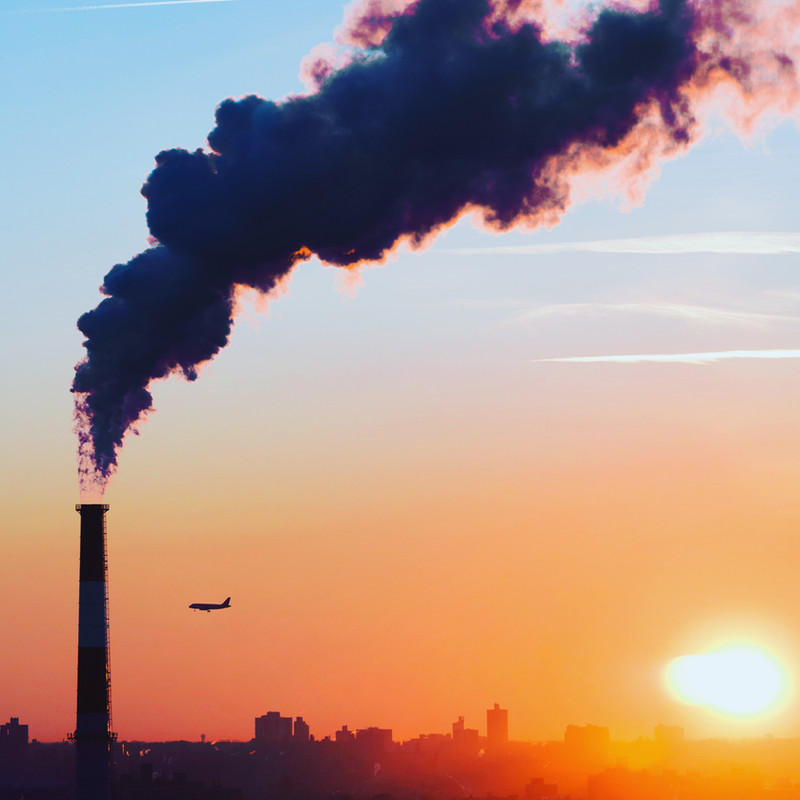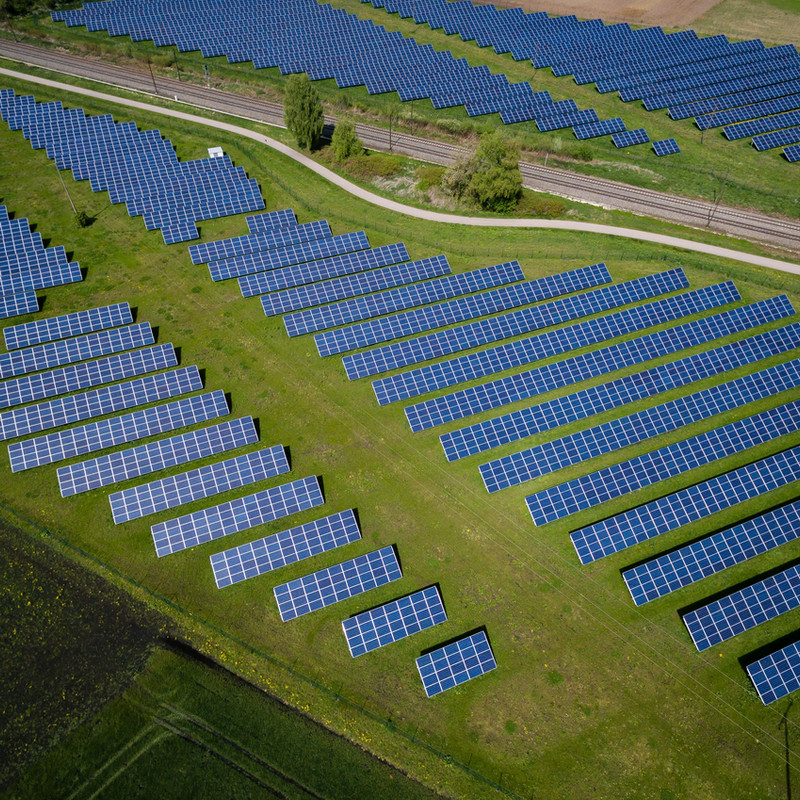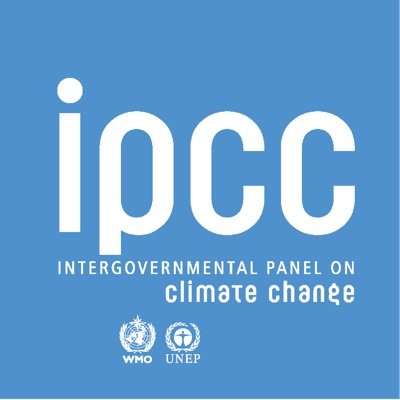By: Isabela Claret Torres, MSc, Ph.D.
The Intergovernmental Panel on Climate Change (IPCC) of the United Nations (UN) released a report in April with new scenarios for the future. Participating in this panel were 276 scientists from 76 countries where they recognize the interdependence of climate, ecosystems and biodiversity, and human societies. Or in other words the climate change will have effect on all ecosystems functioning affecting the biodiversity and the wellbeing of the human population.
Based on several scientific studies including modeling of scenarios the IPCC report use three main periods as a marker for future climate rising, being the reference period 1850–1900 approximates pre-industrial global surface temperature, near-term (2021–2040), mid-term (2041–2060) and long-term (2081–2100).
Impact of Climate Change
Among the long list of global impacts we can cite the increase in the frequency and intensity of climate and extreme events such as fire, drought, heavy precipitation, flooding, tropical cyclones, among others. Marine, terrestrial and freshwater ecosystems have been damaged and many of these impacts are becoming irreversible from climate change. Due to extreme temperatures, droughts and fires have reduced food and water security, being many parts of the world facing water scarcity.

Other impacts that climate change has is the impact on the physical health and metal health of the population. One important issue related to the health of the population is the increase of spread of water born disease like Cholera. In cities heatwaves are becoming more common and the global warming has also aggravated air pollution.
Economic Impact 0f Climate Change
Economic impact is also resulted from global warming with effects on agriculture, forestry, energy, tourism and through outdoor labor productivity. Global warming is also contributing to humanitarian crisis where climate and weather extremes are the major drive of population displacement in all regions of the world. Specially in Africa climate change is already resulting in acute food insecurity and malnutrition, aggravating an already existing problem in the continent.
In the near term (19 years) the global warming of 1.5°C will present multiple risks to human population and ecosystem functioning and biodiversity. Near term warming and the increased frequency, intensity, severity of extreme events will lead to a loss of biodiversity in all kinds of ecosystems (terrestrial, freshwater and marine). If in the next decades the global warming passes the threshold of 1.5°C, many humans and ecosystems will face future risks.

The ecosystem with low resilience such as polar, mountain coastal ecosystem will be the most vulnerable. Consequently, humans living in these areas will have their livelihood affected. The report also presents a list of adaptation measures that can be done to tackle global warming or the impact of global warming on ecosystem and human population. Among the adaptations that can be done are the conservation and protection of forests and natural habitats.
Climate Change Awareness
Public and politic awareness is growing throughout the world where the global warming is seen as a real problem and people are willing to compromise to reduce its effect. Cities and regions are adapting and creating measures to tackle the global warming. However most observed adaptations are small in scale, sector specific, fragmented, designed to respond to current impacts in the near term and focused more on planning rather than implementation. Also, adaptations measures are not distributed evenly across the regions.
Adaptation to water-related risks and impacts combine a diverse types of actions as structural and non-structural measures to avoid flooding, enhancing natural water retention, water management, improved irrigation among others. To enhance food availability and security in this impacted climate environment adaptations can have many options which include cultivar improvements, agroforestry, community-based adaptation, farm and landscape diversification, and urban agriculture. Conservation, protection and restoration of terrestrial, freshwater, coastal and ocean ecosystems, is an important pathway to reduce climate change impacts in natural ecosystems.
Renewable Energy
In relation to energy systems the report states that there is the need to support infrastructure or reliable power systems and efficient water use for new and existing systems. Energy not based on carbon sources should be diversified including the renewable energy generation like wind, solar and small scales hydroelectric plants.
To implement the several adaptation actions is necessary to have political commitment and follow-through across all levels of government which will require large financial, technological and human investments. Government commitment is promoted by rising public awareness and account for transparency mechanisms, monitoring and evaluating the progress. One important issue highlighted by the report is role of ecosystems to tackle global warming.
As stated, it’s important to safeguard biodiversity and ecosystems as they play a crucial role in adaptation and mitigation. The report shows that to maintain the resilience of the biodiversity and ecosystems service in a global scale depends on the conservation of 30% to 50% of Earth`s land, freshwater and ocean areas. Supporting ecosystems integrity and building biodiversity resilience can produce many benefits for people, including livelihoods and provision of food, fiber and water.

The report finally concludes, and I quote: “The cumulative scientific evidence is unequivocal: Climate change is a threat to human well-being and planetary health. Any further delay in concerted anticipatory global action on adaptation and mitigation will miss a brief and rapidly closing window of opportunity to secure a liveable and sustainable future for all”.
About the Author:
Isabela started her work with the environment in 1993 as a Biology Bachelor student at the highly regarded Federal University of Minas Gerais (UFMG/Brazil). Later she joined the Graduate Program on Ecology, Conservation and Management of the Wildlife of the same University (UFMG/Brazil) where she received her Masters degree in 1999. Later, she received her Ph.D. on Soil and Water Science at the University of Florida (USA). During her Ph.D. studies she received an Outstanding Student Poster Award at the ASLO (American Society of Limnology and Oceanography) 2006 Summer Meeting held in Victoria (Canada). After working for the State Government Secretary, consulting environmental company and watershed management company she began her post-doctorate in the Geography Department at UFMG (Brazil). Throughout her career she gathered knowledge and specialized on Biology, Ecology, Soil Science, Limnology, Paleolimnology, Biogeochemistry, Organic Geochemistry, Metal and Environmental pollution.

